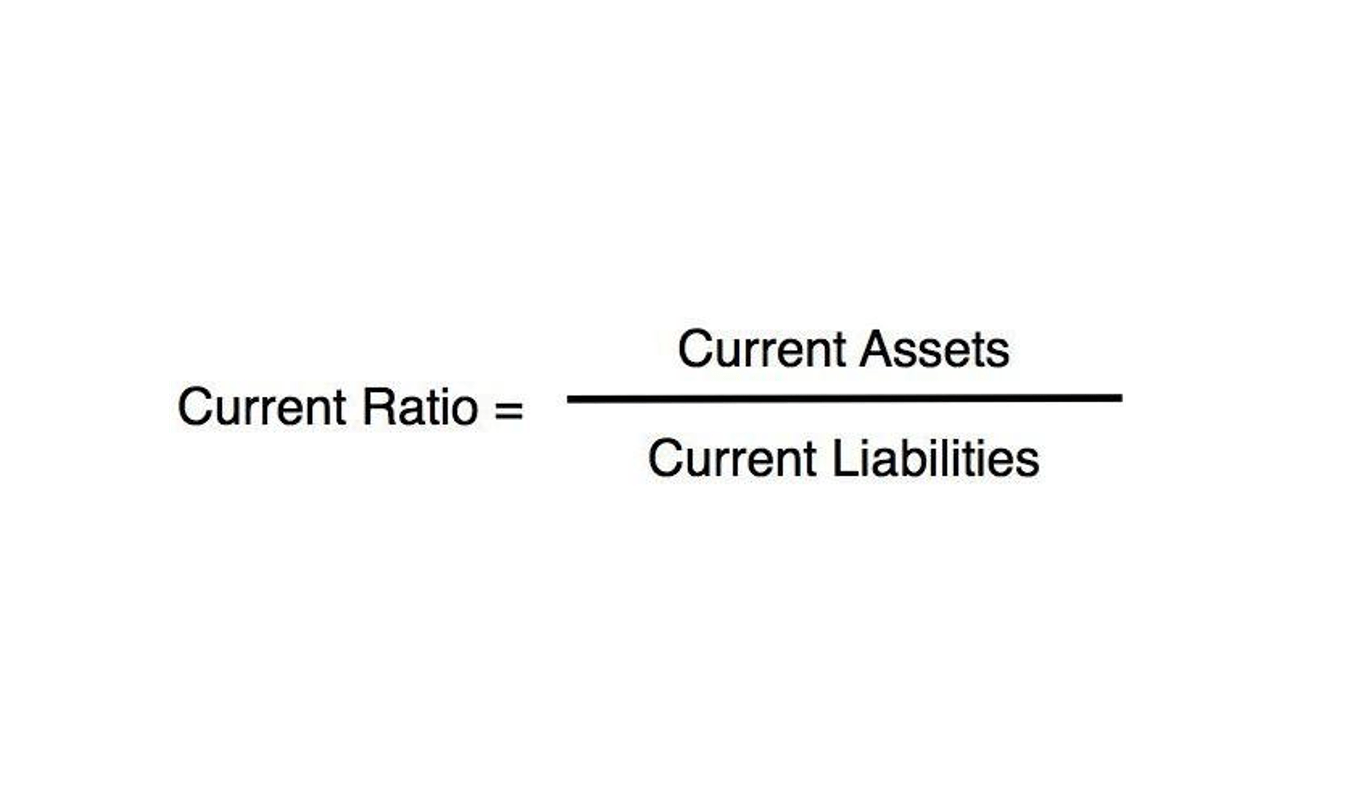Bookkeeping Basics
- 2021-08-27
- 23:50

As a professional bookkeeper, you would keep track of a company’s financial transactions and record them in the general ledger accounts. Find out more on bookkeeping accounting skills, how to earn accounting degrees and bookkeeping certifications, getting jobs, salary expectations, and more. Take routine bookkeeping off your never-ending to-do list with the help of a certified professional. A QuickBooks Live bookkeeper can help ensure that your business’s books close every month, and you’re primed for tax season. Our expert CPAs and QuickBooks ProAdvisors average 15 years of experience working with small businesses across various industries. When it’s finally time to audit all of your transactions, bookkeepers can produce accurate reports that give an inside look into how your company delegated its capital.
Regularly review and reconcile financial records, even if not actively engaged in Bookkeeping tasks. This practice helps maintain a sharp eye for details and ensures that your skills remain fresh and up-to-date. Connect with fellow professionals in the Bookkeeping and accounting community.
Stay updated with industry changes
In this article, you’ll learn more about what bookkeepers do, why they’re important to a business, and how much they earn. You’ll also explore how to become one and find suggested cost-effective courses that can help you gain job-relevant skills today. The average salary for a bookkeeper in the United States is about $43,000 per year. However, some bookkeepers can earn less (around $37,000) or more ($50,000 and above) depending on their bookkeeping skills, experience, location, niche, and the quality of their clients. As you dive deeper into the bookkeeping process, it may be tempting to blur the lines between your personal and business finances, but it’s not the best idea.

Dive into our blog for a swift journey through the fundamentals of effective Bookkeeping. If you are considering a career as a bookkeeper, here are some skills that will help you succeed in this profession. Cassie is a deputy editor collaborating with teams around the world while living in the beautiful hills of Kentucky. Prior to joining the team at Forbes Advisor, Cassie was a content operations manager and copywriting manager. Create pre-employment assessments in minutes to screen candidates, save time, and hire the best talent. You need a specific bookkeeping assessment test to gauge each of these qualities.
How long does it take to train as a bookkeeper?
In this module, you will learn how bookkeepers using accounting software to record transactions. You will also further your understanding of the accounting cycle by learning how to create trail balances and produce financial statemnets. Bookkeeping is a crucial function of accounting, and earning a bookkeeping certification is a great way to show employers your expertise. While a certificate is not a requirement to become a bookkeeper, some professionals pursue certification to show their skills to employers and stand out in their job search. Typically, single entry bookkeeping is suitable for keeping track of cash, taxable income, and tax deductible expenses.
As a bookkeeper, you will need to learn how to create balance sheets, invoices, cash flow statements, income statements, accounts receivable reports, and more. Although software and calculators do most of the math, basic skills such as addition, subtraction, multiplication, and division are essential to helping you catch errors quickly. When it comes to hiring, accounting firms look for a mix of hard and soft skills.
Upcoming Business Skills Resources Batches & Dates
You should know how to express yourself competently, especially if you will be dealing with various people. Remember that you will also be gathering a lot of essential data, which means you need to have excellent communication skills to get the information you need. Being able to proficiently communicate with everyone involved, whether face-to-face or electronically, can make a big difference in your professional career. While any competent employee can handle bookkeeping, accounting is typically handled by a licensed professional. It also includes more advanced tasks such as the preparation of yearly statements, required quarterly reporting and tax materials. Bookkeepers and accountants usually do similar types of work and have interchangeable skills.
- As a bookkeeper, your clients rely on you to keep their business financial transactions safe and fraud-free.
- Learn more about bookkeeping, how it differs from accounting, the required qualifications, and bookkeeping jobs and salaries.
- Did you know that you can learn how to become a bookkeeper in less than one year with no experience?
- However, depending on a bookkeeper’s location, niche, and clients, they may command a higher salary, sometimes reaching $50,000 per year or above.
Bookkeeping is just one facet of doing business and keeping accurate financial records. With well-managed bookkeeping, your business can closely monitor its financial capabilities and journey toward heightened profits, breakthrough growth, and deserved success. A bookkeeping certificate can help you find a bookkeeping role, either as an bookkeeping skills in-house bookkeeper or as a freelancer. Bookkeeping lays the groundwork for many accounting processes, so you can use your experience and knowledge as a stepping stone to becoming an accountant. However, you will likely need to complete a degree program and other certifications to be an accountant or move beyond a bookkeeping role.
Bookkeepers also deposit money, cash checks, and ensure correct credit card transactions. Bookkeepers play a vital role in the business accounting cycle by collecting and inputting data. As a detail-oriented professional, you would play a crucial role in the organization and growth of companies from small businesses to major corporations.
- There are dozens and dozens of bookkeeping options available and the choices may seem overwhelming.
- Typically, double-entry bookkeeping uses accrual accounting for liabilities, equities, assets, expenses and revenue.
- Organizational skills refer to the best way bookkeepers can organize their workflow and the information they require to function effectively.
- Being keen on details can also help prevent integrity issues related to your position.
- Bookkeepers manage a company’s financial accounts, ensuring they are accurate and easy to review.
